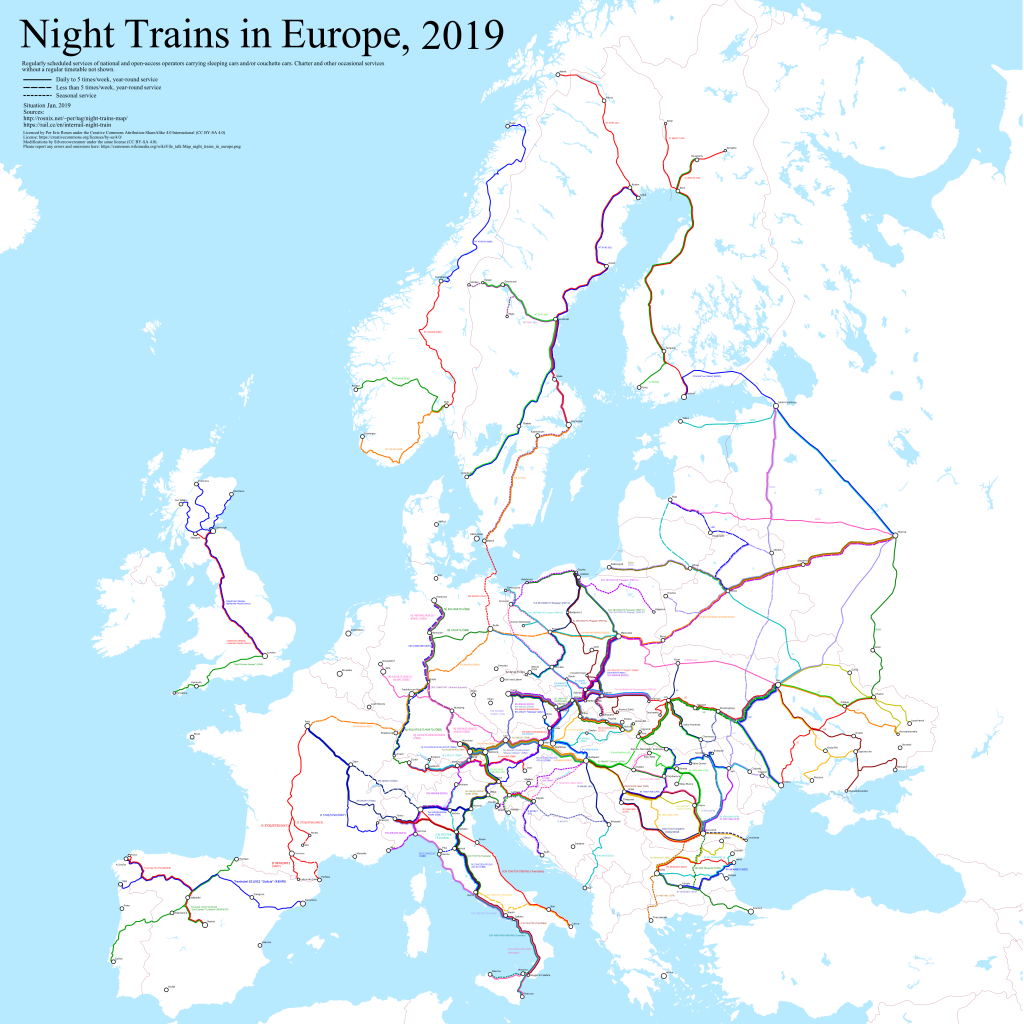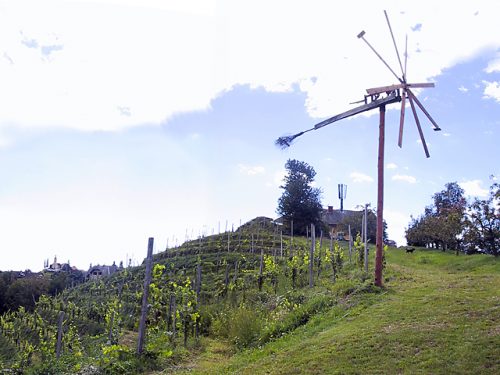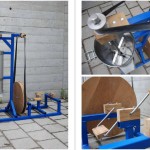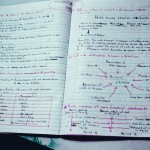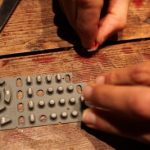This is a new series of posts, collecting links to all kinds of low-tech stuff — often sent in by readers. Ideally, I would write a bit more about each link, but unfortunately there’s no time for that.
- De-google-ify Internet. The French educational network Framasoft now offers its free software manual in English. They also translated our article about the solar powered website to French.
- Rise-up, FastMail, and Protonmail are three interesting alternatives to Gmail.
- Write Freely is free and open source software for starting a minimalist blog.
- Report on Radical Networks in Berlin.
- The Autarky Library offers almost 500 books as a free download.
- Les outils de l’autonomie. A collection of low-tech manuals, in French.
- The Nowlight is the successor of the GravityLight.
- Interrail’s new travel passes for Europeans.


